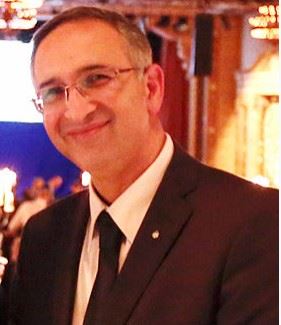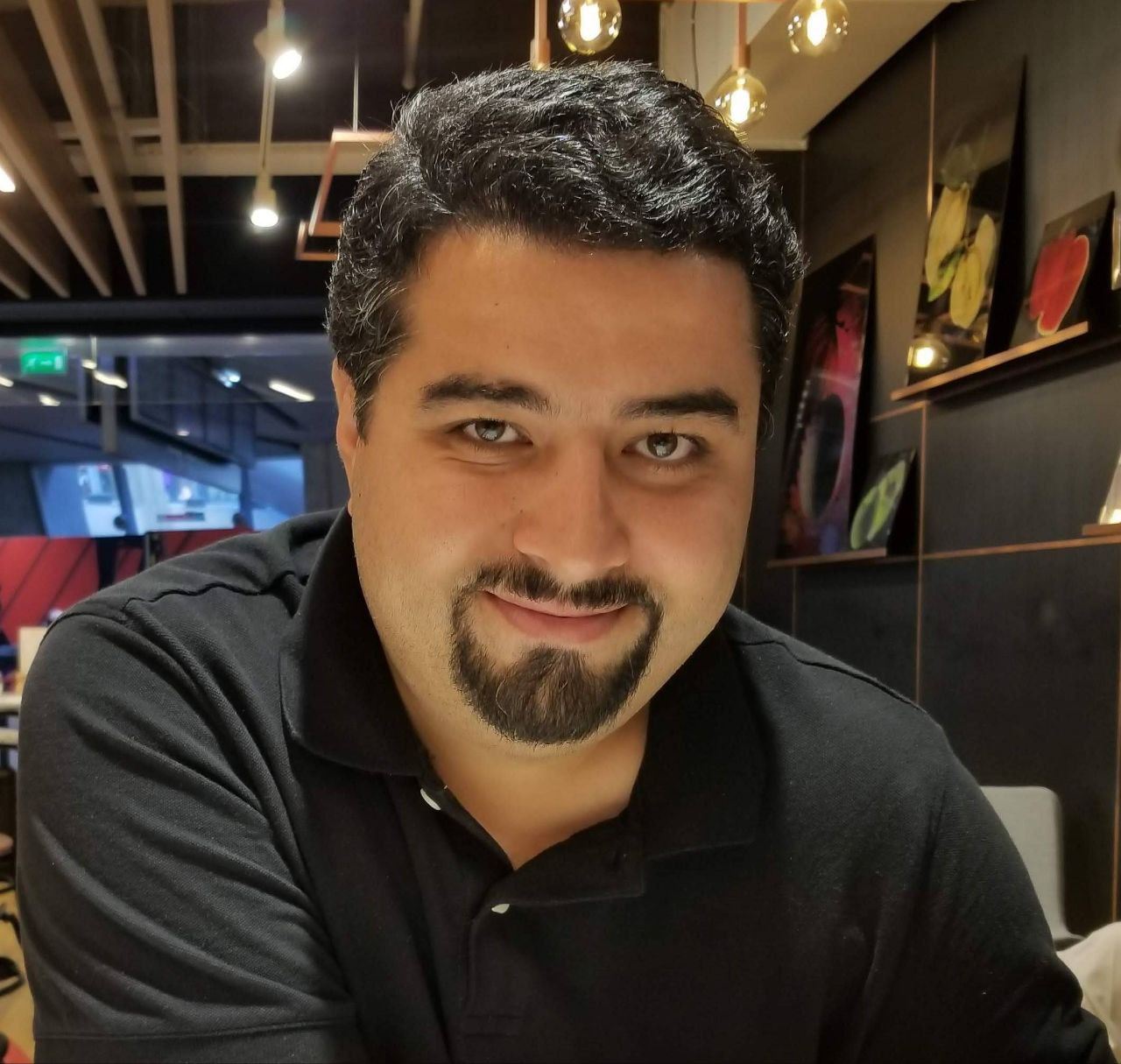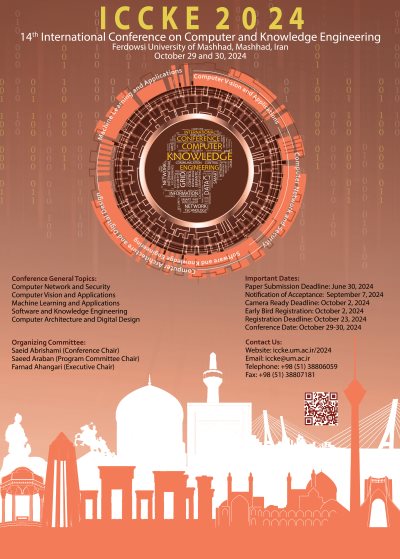




Stanford University, California
Title:
Endowing Healthcare Spaces with Ambient Intelligence
Abstract:
Ambient Intelligence (AmI) defines the future vision of intelligent computing where sensors and processors are embedded into everyday devices and the environment will seamlessly adapt to the user's requirements. AmI is increasingly seeing applications in healthcare, for instance, for quality improvement, senior care at home, ensuring clinician and patient safety by monitoring staff compliance with clinical best practices, or relieving staff of burdensome documentation tasks. Despite the promise of ambient intelligence to improve the quality of care, the continuous collection of large amounts of sensor data in healthcare settings presents numerous challenges from sensor technologies, data management, technical model development, and causal inference to ethical, privacy, bias, and fairness. This workshop aims to shed light on this novel technology. In this talk, I will discuss our recent work on creating intelligent healthcare spaces in hospitals and homes using computer vision-powered AmI.
Biography:
Dr Ehsan Adeli is a faculty member at the Department of Psychiatry and Behavioral Sciences , School of Medicine at Stanford University. I am also affiliated with the Department of Computer Science . He is a Co-Director of Stanford AGILE (Advancing technoloGy for fraIlty and LongEvity) Consortium funded by the Gordon and Betty Moore Foundation . His interdisciplinary research group is associated with multiple labs and centers, including Computational Neuroscience (CNS) Lab , Stanford Vision and Learning (SVL) , Stanford AI Lab (SAIL) , Stanford Partnership in AI-Assisted Care (PAC), Stanford Institute for Human-Centered AI (HAI) , Stanford Center for Artificial Intelligence in Medicine & Imaging (AIMI) , Wu Tsai Human Performance Alliance, and Wu Tsai Neurosciences Institute .

University of Melbourne, Australia
Title:
A New Era Empowered by Digital Twin - A Geospatial Ecosystem for Sustainable Cities
Abstract:
Advancing our digital economy and empowering our societies, as well as in response to the global challenges, this presentation will discuss the trends on digital analytical capabilities, location intelligence and digital twin as an enabling platform. Digital Twin is an opportunity for us to lead the generation of Scientific Evidence and prepare for the future opportunities and challenges ahead. This will allow us to better understand our changing environment and support our societies by making better and more resilience infrastructures using location intelligence and digital capabilities.
Biography:
Prof. Abbas Rajabifard is an internationally recognized
leader and scholar and a proud geospatial engineer and urban land and property management expert. He is a pioneer in the design and development of digital twin platforms.
Prof. Rajabifard is a Board Member of the United Nations-Academic Network for Global Geospatial Information Management (UN-GGIM). He is also a member of UN International Advisory Committee for UN Global Geospatial Knowledge and Innovation Centre. He is also an International Advisor for UN Knowledge and Innovation.
He is Director of the World Leading research and development Centre for Land Administration and Geospatial intelligence at the University of Melbourne. Prof Rajabifard has 14 books and over 400 publications.
-
Paper Submission Deadline
2024-06-30 -
Extended Paper Submission Deadline
2024-07-30 -
Paper submission hard deadline
2024-08-15 -
Workshop acceptance notification
2024-10-27 -
Camera Ready Deadline
2024-11-04 -
Registration Deadline
2024-11-13 -
Conference Start
2024-11-19 -
Conference End
2024-11-20
- Today :
- Yesterday :
- Current month :
- Last month :
- General statistics :

